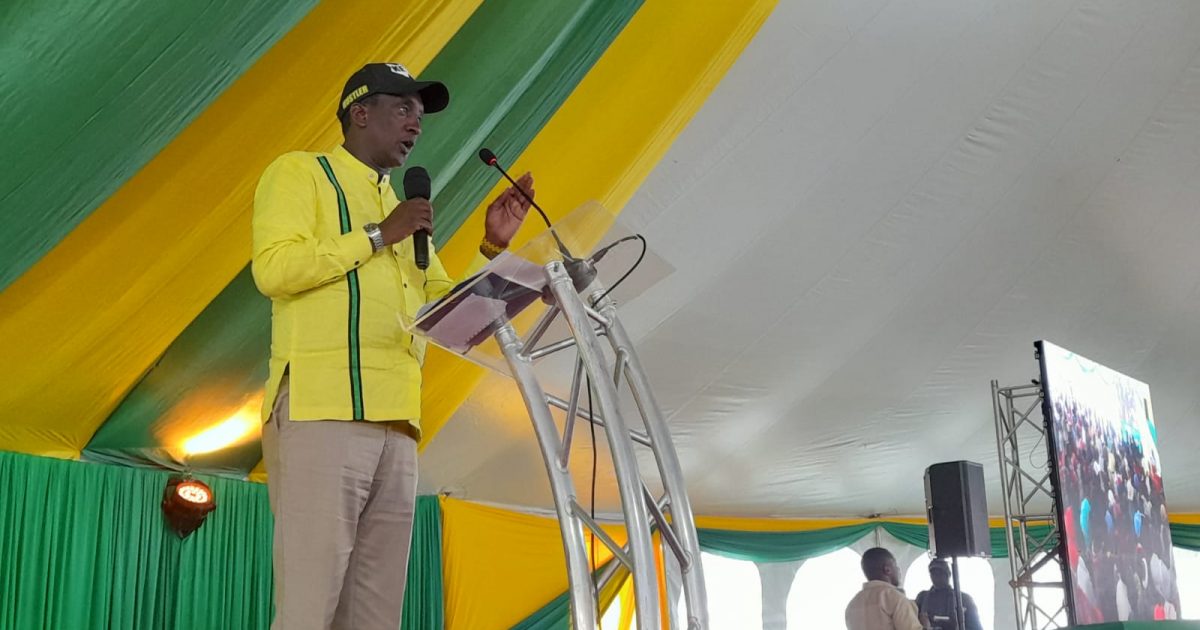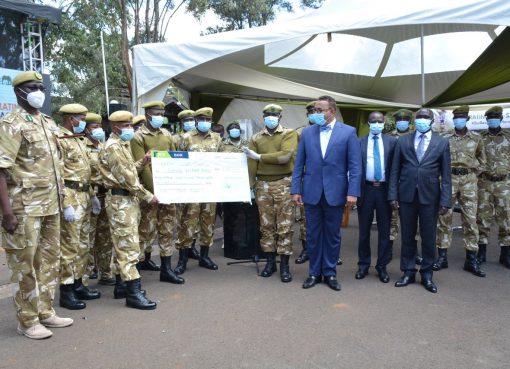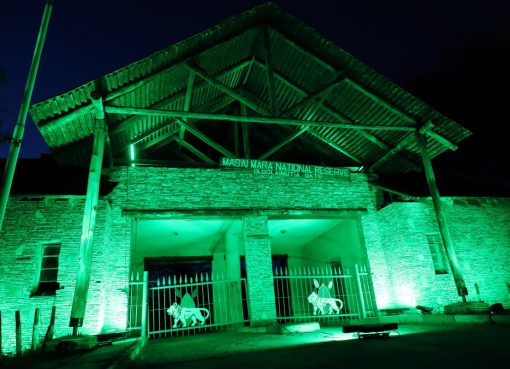The Kenya Kwanza coalition held a regional Economic Forum in Narok County to consolidate the views local residents wanted prioritized if they assumed power after the August polls.
The team led by National Assembly speaker Justin Muturi and Turkana Governor Josphat Nanok chaired the sessions where residents raised various issues about livestock production, crop farming, tourism, small trader, jua kali sector and the boda boda sector.
Also in attendance was Narok governor, who is also a senatorial candidate Samuel Tunai, UDA gubernatorial candidate Patrick Ntutu, Narok Women Representative Soipan Tuya and Nominated Member of Parliament David Ole Sankok who met at the William Ole Ntimama stadium.

In dairy farming, Mzee Solomon who originates from Nairegie Enkare area in Narok East Sub County said many farmers were withdrawing from the farming system due to the high cost of livestock feeds that give little return.
However, he called on the next government to build a milk industry in the county where the farmers will be selling their milk instead of selling to companies outside the county at a cheap price.
“The county government bought us a cooler with a capacity of 3,000 liters each. Since it was installed in the year 2018, it has given a return of more than Sh. 45 Million to the milk farmers,” he said.
The barley and wheat farmers want taxes imposed on fertilizer, seeds and farm chemicals waived so as they can be more affordable.
Led by the Narok Barley Growers Association Chairman David Kilesi, the farmers said the county has a capacity to produce over 80 per cent of barley in the country but due to the high prices of the farm inputs, many farmers have withdrawn from barley farming.
“Last year, we dropped from producing 80 per cent to only 30 per cent. This means the farmers were discouraged by the increasing prices of farm inputs,” he said.
The chairman also noted the poor road network connecting the farmers to the market as a big challenge as most roads are impassable during rainy seasons.
“The climate and soils in Narok are very good for agriculture. Farmers can produce even more if only there was good infrastructure. Most farmers withdraw from large scale farming because of poor roads to transport their produce to the market,” said Kilesi.
Nancy Karimi, who represented the traders in Narok town, called on the next administration to build a decent market that can accommodate the traders who are currently selling their produce under the sun.
By Ann Salaton




